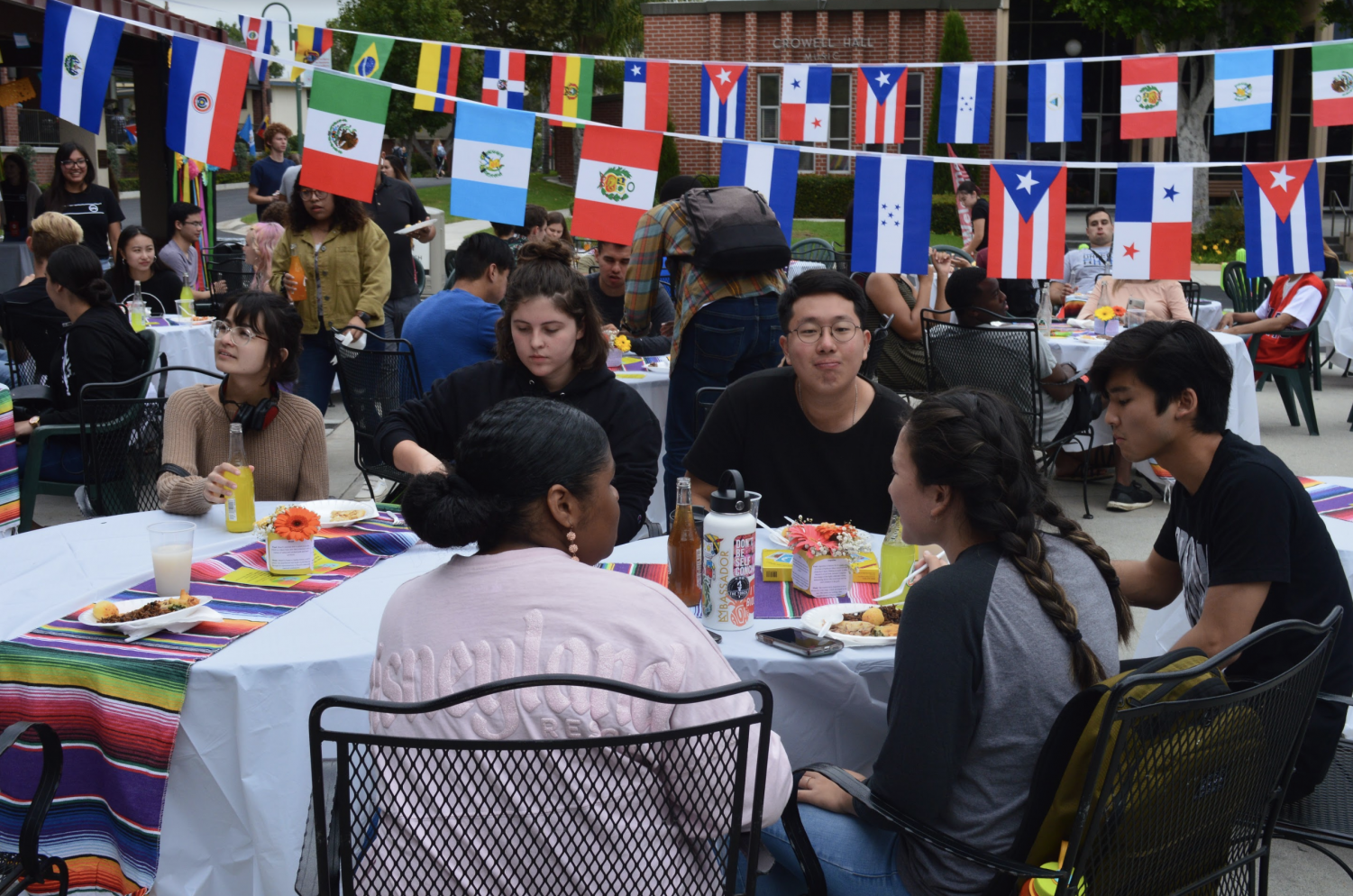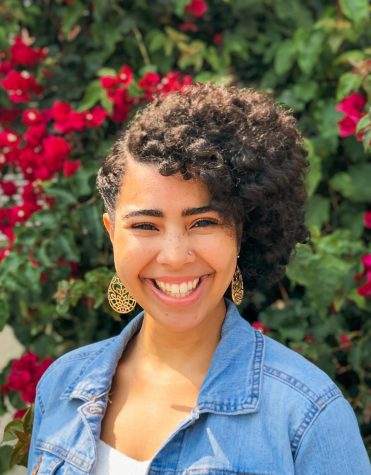Making up 18% of the U.S. population, people of Hispanic/Latino heritage have been instrumental in shaping the culture of our nation. Now is the time to intentionally commemorate influential Latinos from the past and present, while also lifting up the next generation of Hispanic children who are our future. Hispanic Heritage Month is a specific time set aside to do just that.
HISTORY AND CONTEXT
Hispanic Heritage Month rests between Sept. 15 and Oct. 15. What started as a weeklong celebration slowly became a month-long observance in recent decades. The push for the observance came on the heels of the civil rights movement in the 1960s, as multicultural awareness was spreading throughout the nation. In 1989, President George H.W. Bush was the first to declare the extension of the celebration to Oct. 15, as we know it today.
The days chosen for this observance are to honor the independence days of several Latin American nations. Costa Rica, El Salvador, Guatemala, Honduras and Nicaragua have their independence days on Sept. 15. Mexico and Chile celebrate their independence respectively on Sept. 16 and Sept. 18. The ending date was chosen because Columbus Day, or Día de la Raza, is on Oct. 12.
Obviously, every culture deserves more than 28-31 days of celebration. However, because of America’s white supremacist roots, Black, Indigenous and other people of color have had to fight for their right to be seen as equal contributors to society. A part of that fight has been the birth of cultural heritage months.
WHY THIS MATTERS TO US
According to the Pew Research Center, as of July 2019, Hispanics are the second fastest-growing minority group in the U.S. —behind Asian Americans— at 60.6 million. And people of Mexican origin, by far, make up the largest Hispanic group in the United States, at over 60%. Biola’s Hispanic/Latino population as of 2017 was 17.4% of 6,172 students, making them the second-largest minority group, behind Asians.
Hispanics/Latinos are a widely diverse group that come from 20 different countries, each with their own cultural customs, language dialects and cuisines. Though there may be cultural similarities between countries, it is critical to remember that one cannot paint Latin America in broad-brush terms.
Celebrating culture is a crucial part of loving others well. We celebrate by learning their history, by challenging ourselves with new experiences, by walking in another’s shoes and by seeing God through the eyes of someone different from us. We also honor God by honoring others, and we can learn new things about God, and ourselves, when we take the time to celebrate someone else.
The theme for Hispanic Heritage Month 2020 is “Hispanics: Be Proud of Your Past, Embrace Your Future.” This is meant to encourage people who identify as Hispanic/Latino to remember who they are, where they have come from and to look ahead with hope for the future.
WAYS TO CELEBRATE
There are multiple groups at Biola who are participating in Hispanic Heritage Month. The Office of Campus Engagement said via Instagram that it will “bring you opportunities to engage with the Hispanic community at Biola through stories, chapels, recipes, and discussions in huddles.” OCE mentioned that FirstGen, Spiritual Development and Student Enrichment and Intercultural Development, among others, are also participating in the celebration. They provide a list of things to watch on Netflix, books to read and accounts to follow on Instagram for more information.
Be intentional. Appreciating a culture takes more forms than eating its food. Ask if they prefer the term “Latinx” or “Hispanic.” Be respectful, and avoid mocking or cultural appropriation. Put in the effort to learn Spanish. Once COVID-19 restrictions lift, travel to Latin America if you can. There are countless ways to dig deeper, and it is worth the work.
CONCLUSION
This month is a time for those of us who are not Hispanic to pause and listen. Take the time to research the history of Latin American countries, invest in Hispanic-owned businesses and fight for greater Latino representation in the media. Most importantly, you should not let your support end on Oct. 15. In order to properly love our sisters and brothers, we should celebrate Hispanic heritage every day of the year.












